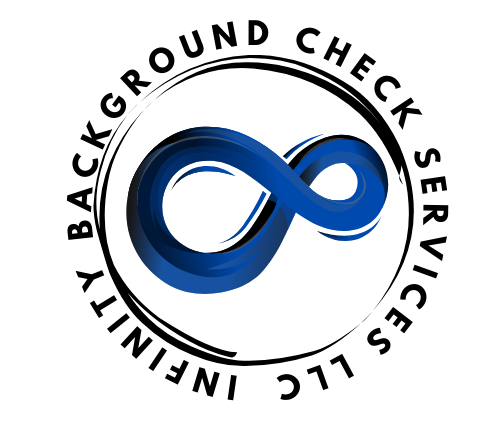Challenges Faced When Running Background Checks
Running background checks has become an essential part of the hiring process for many employers. It is a crucial step in ensuring the safety and integrity of the workplace. However, there are several challenges that employers may face when conducting these checks. In this article, we will explore some of the common challenges and how to overcome them.
1. Inaccurate or Incomplete Information
One of the challenges employers face when running background checks is the possibility of inaccurate or incomplete information. This can occur due to various reasons, such as outdated databases, human error, or even intentional misinformation. It is important for employers to verify the information obtained from background checks through multiple sources to ensure its accuracy.
2. Legal Compliance
Another challenge is ensuring legal compliance when conducting background checks. There are strict laws and regulations governing the use of background checks, such as the Fair Credit Reporting Act (FCRA) in the United States. Employers need to be aware of these laws and ensure that they follow the necessary procedures to protect the rights of the applicants.
3. Privacy Concerns
Privacy concerns are a significant challenge when running background checks. Applicants may feel uncomfortable sharing personal information, especially if they are not selected for the job. Employers should be transparent about the purpose of the background check and obtain the necessary consent from the applicants. It is crucial to handle and store the information securely to protect the privacy of the individuals.
4. Delays in the Hiring Process
Background checks can sometimes cause delays in the hiring process. Verifying the information and waiting for the results can take time, especially if there are discrepancies or additional checks required. Employers should plan ahead and communicate with the applicants about the expected timeline to manage their expectations and minimize any potential frustrations.
5. International Background Checks
Conducting background checks on candidates who have lived or worked internationally can present additional challenges. Different countries have varying laws and regulations regarding the collection and use of personal information. Employers may need to work with specialized agencies or legal experts to ensure compliance and obtain accurate information.
6. Balancing Fairness and Risk Mitigation
Employers need to strike a balance between fairness and risk mitigation when using background checks. While these checks can provide valuable information about an applicant\’s past, they should not be the sole basis for making hiring decisions. Employers should consider the relevance of the information to the job requirements and give applicants an opportunity to explain any discrepancies.
7. Cost Considerations
Background checks can be costly, especially if multiple checks are required or if international checks are involved. Employers need to weigh the benefits of conducting these checks against the associated costs. It is essential to find a reliable and reputable background screening provider that offers competitive pricing without compromising the quality and accuracy of the checks.
Conclusion
Running background checks is a critical step in the hiring process, but it comes with its own set of challenges. Employers must navigate through inaccuracies, legal compliance, privacy concerns, delays, international checks, fairness, and cost considerations. By being aware of these challenges and taking necessary steps to overcome them, employers can ensure a thorough and fair evaluation of candidates while maintaining legal and ethical standards.



